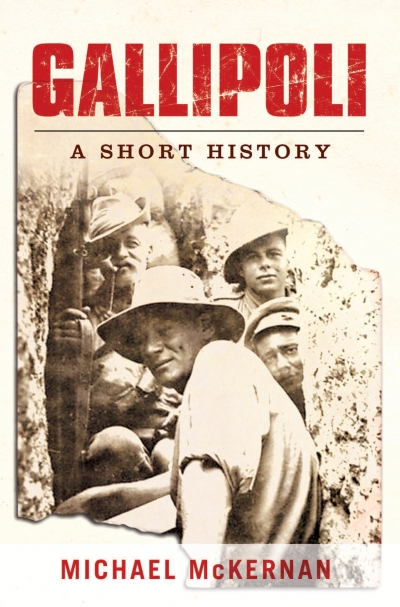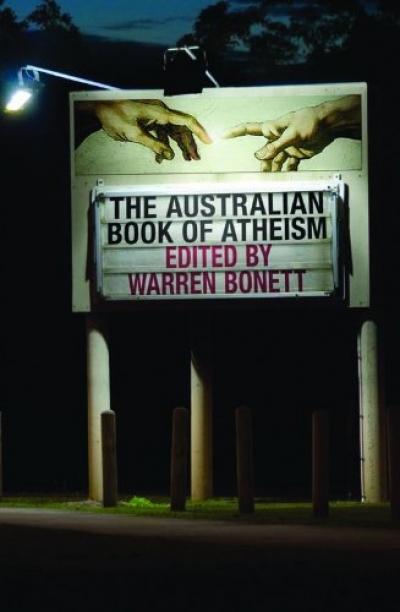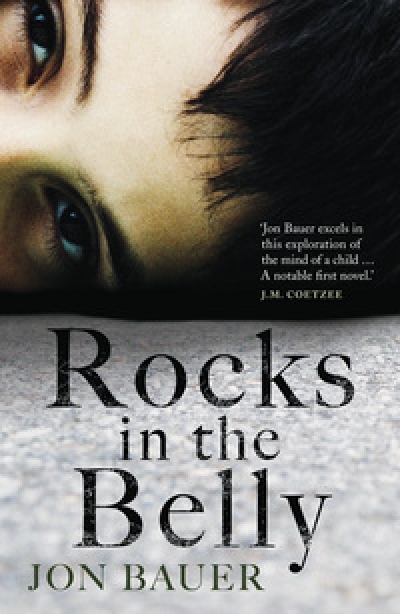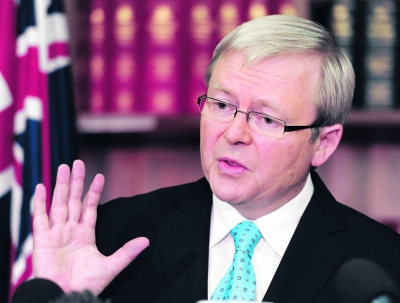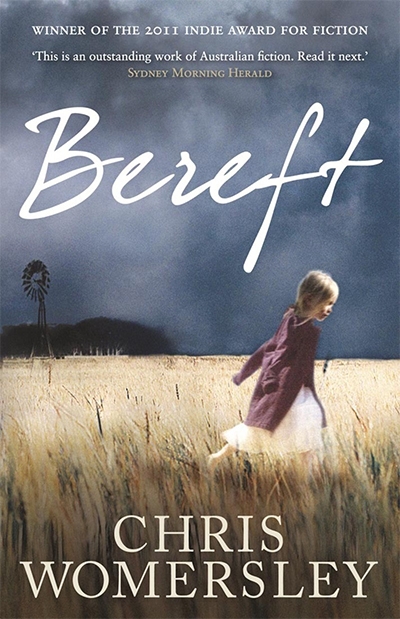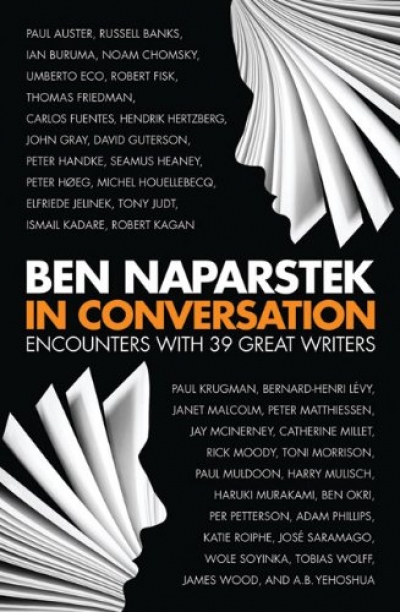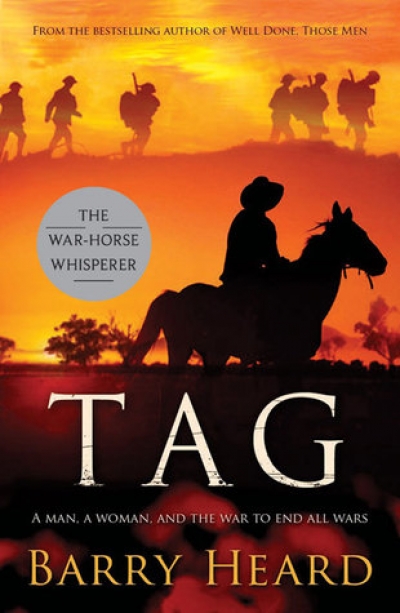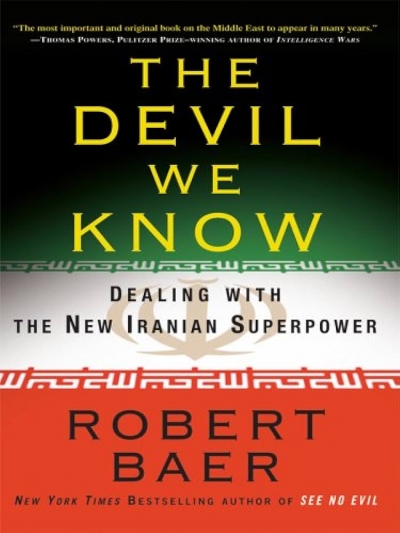Scribe
The Best Australian Stories 2010 edited by Cate Kennedy & New Australian Stories 2 edited by Aviva Tuffield
by Chris Flynn •
Gallipoli: A Short History by Michael McKernan & Pozières: The Anzac Story by Scott Bennett
by Robin Prior •
The political assassination of Kevin Rudd will fascinate for a long time to come. As with Duncan’s murder in Shakespeare’s play it was done, as Lady Macbeth cautioned, under ‘the blanket of the dark’, literally the night of 23–24 June 2010. The assassins heeded Macbeth’s advice: ‘if it were done when ’tis done, then ’twere well it were done quickly.’ And as in Macbeth, the assassins were in the shadow of the throne. Even the old king approved: Bob Hawke, himself deposed in 1991, recognised at last that the removal of a Labor prime minister is sometimes necessary.
... (read more)In Conversation: Encounters with 39 great writers by Ben Naparstek
by Patrick Allington •
Tag: A man, a woman, and the war to end all wars by Barry Heard
by Adrian Mitchell •

